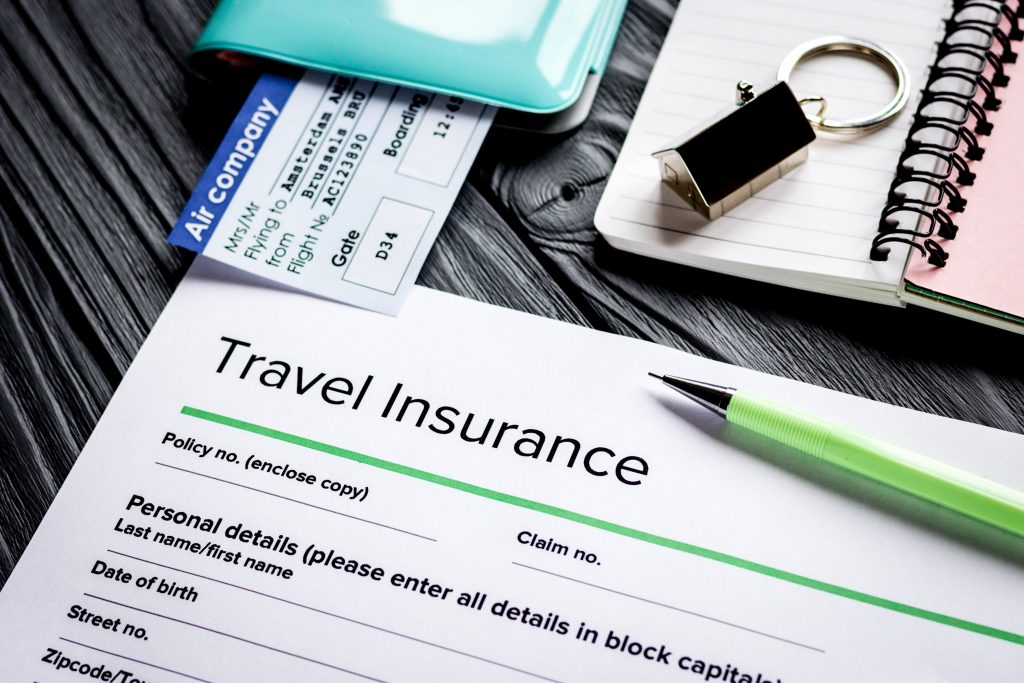What you need to know about Travel Insurance for people with pre-existing medical conditions
So many of us love to travel, and eagerly count down the days until our next break. It’s the perfect opportunity to visit stunning new destinations or simply relax and unwind with family and friends. However, if you have an existing medical condition or disability, getting travel insurance can seem like a trickier task.
There are plenty of packaged bank accounts available that will offer some level of travel insurance included. But, with standard coverage from many banks having age limits and long lists of excluded conditions, you might be left asking yourself ‘can I even get travel insurance if I have pre-existing medical conditions?’
Thankfully, the answer is yes – you may just have to look a little harder to find what you need!
Through this blog you should gain a comprehensive understanding of the key things you need to be aware of, how you can make the right decisions, and what the crucial steps to take are.
Travel Insurance: The basics
The goal of Travel Insurance is to ensure that should an unforeseen event occur while you’re abroad – like an injury, accident, or the loss of your items – then you’re not left out of pocket.
When it comes to getting insurance if you have pre-existing medical conditions, the cover works in the same manner as it would for everyone else. The only difference is that you’ll need to make sure your insurance covers your current medical conditions and any medication or equipment you need to travel with as a result.
Top tips for travellers with pre-existing medical conditions
- Buy your insurance as soon as you’ve booked your trip
One thing you absolutely must not do is leave booking your travel insurance to the last minute. This is never a good idea, but especially so if you have an existing condition that needs to be specifically covered, because it may mean that your chances of having to cancel your trip are increased. Remember, should your condition deteriorate prior to going away, but you decide you still want to travel, you should let your insurer know so they can always keep your policy up to date.
It is also worth noting that, even if you don’t have a medical condition, it is worth your while booking insurance as soon as possible. This way, even if your trip is cancelled, you will be protected, and won’t miss out financially.
- Always declare
It might be tempting to avoid mentioning any long-term conditions you have in a bid to try and get cheaper travel insurance. But this is not a good idea, and something you should avoid in all circumstances. It’s important to give a detailed account of your medical history because this will ensure you’re cover is adequate for you and your needs.
All insurers will have a list of conditions that they deem serious and telling them in good time will ensure that you get the right cover, at the right price. If your insurer is not made aware of medical conditions that then need to be treated while abroad, it could leave you with a hefty bill.

- Is it worth getting multi-trip cover, or do you just need single-trip insurance?
Multi-trip insurance tends to be pricier than single-trip cover, but don’t let that automatically put you off. If you’re planning various journeys to an array of countries in a 12-month period, multi-trip cover could end up saving you money. It could be worth getting a quote for your multiple single trips and then one annual policy, to see what works out most cost effective for you.
Multi-trip cover can also end up super convenient, as you only have to go through the purchase process once. What works out best will differ for every individual, so think carefully before clicking the ‘buy’ button.
- Group insurance or individual insurance?
If you are going to be travelling with a group of people, then it may be tempting to try and purchase group insurance as, quite often, this can be cheaper. However, it is well worth noting that the group cover price is nearly always based on the person that is regarded as being at the highest degree of risk. If one of your group has significant pre-existing medical conditions, it might be worth getting a quote for that individual on their own as well as the whole group.
It’s important to remember that a group quote will cover you if you must cancel the trip due to one person’s medical condition. Whereas this would only be covered on the individual in question’s policy separate cover.

- Check with your bank account
Some banks – especially if you have a credit card with them – will offer travel insurance as part of your customer contract. If this is the case, you may already be covered for your holiday or business trip. But, remember that you must also inform your bank about your medical conditions, just as you would with any other travel insurer.
- Get an EHIC
A European Health Insurance Card (EHIC) means that you’re able to receive medical care in an array of state-run hospitals in countries that are in the EU, and also includes a variety of other European countries such as Iceland, Norway, and Switzerland. You can apply for either a UK Global Health Insurance Card (UK GHIC) or a UK European Health Insurance Card (UK EHIC), if you have rights under the Withdrawal Agreement. Learn more here.


